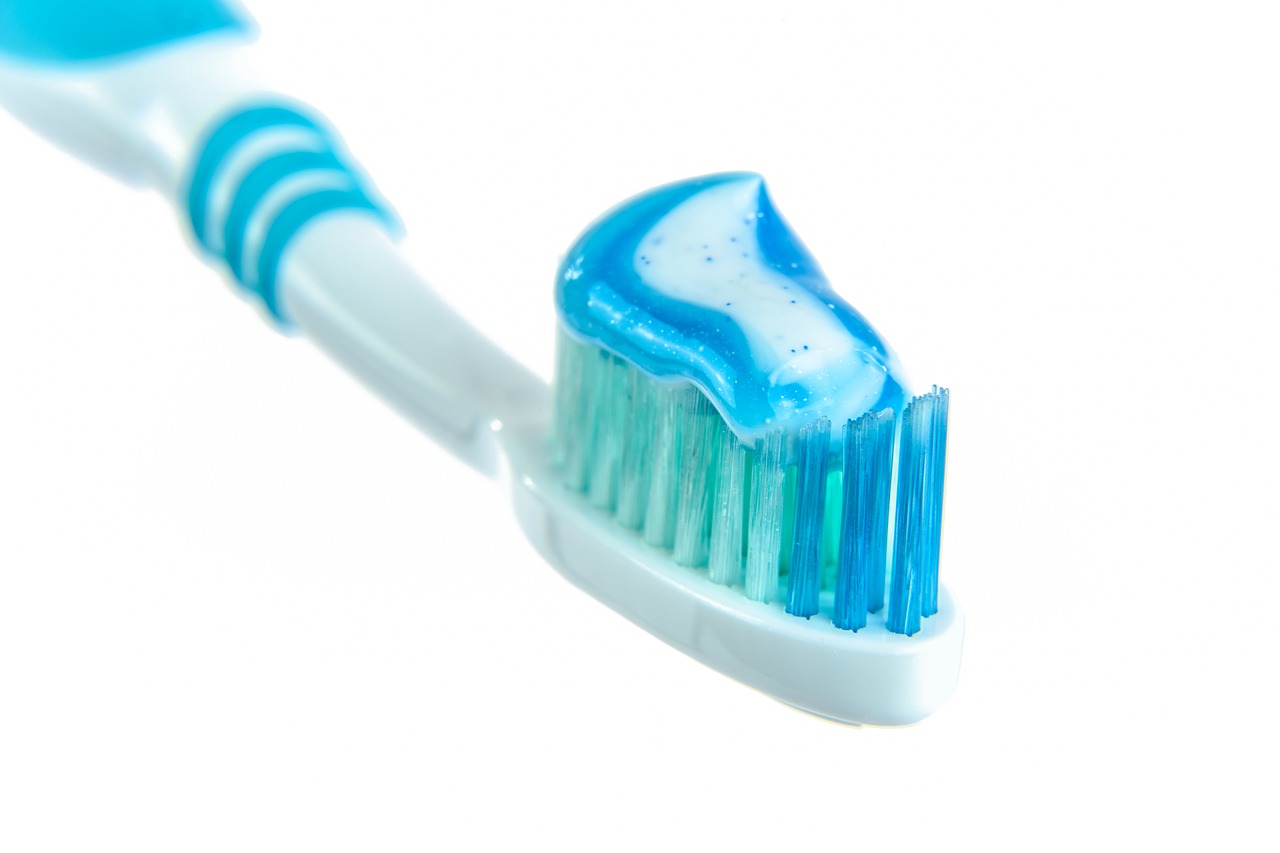
Cutting on Rock Salt, Fluoride Toothpastes Can Help Tackle Anemia
- News
- 2.1K
For several decades, India has been trying to reduce the health burden due to anemia. This condition is known to be a result of insufficient red blood cell & low hemoglobin production in the body & is linked with iron deficiency.
Now scientists say that the problem is more layered than it appears & cannot be tackled by supplementing iron & folic acid alone. In a new study involving over 2400 school children in New Delhi, scientists have found that consumption of excess fluoride is intricately linked to anemia.
Children were divided into groups as per their hemoglobin levels – non-anemic, moderately anemic & severely anemic. Urine tests showed that fluoride level was higher than the acceptable limit in all children.
Their families were then advised simple diet modifications such as avoiding fluoride-rich rock salt, replacing fluoridated toothpaste with low-fluoride ones & including inexpensive nutritious vegetables in daily diets. Water source in their homes & schools were also tested for fluoride.
At the beginning of the intervention, about 98% of students were either mildly or moderately anemic. After six months of dietary intervention, 45% of them became non-anemic. Researchers found that just one month of dietary modification, together with fluoride restriction, could improve hemoglobin levels.
“As early as 2004, we had started noticing that most patients suspected of fluorosis referred to us were anemic. Eliminating fluoride from their water & diets & shifting them onto a nutritious food regime could restore their hemoglobin levels,” explained A K Susheela, Director of Fluorosis Foundation of India, who led the study, while speaking to India Science Wire. In 2010, a study involving pregnant women reported a high success rate of treating anemia by eliminating fluoride from their diets.
Dr. Susheela said fluoride could adversely affect hemoglobin production in multiple ways. It destroys intestinal lining, affecting nutrient absorption from the gut. This could limit iron absorption even when the diet is rich in iron. Excess fluoride also interferes with the production of thyroid hormones that are involved in RBC production.
It also destroys gut bacteria which produces vitamin B12- another important factor essential for hemoglobin biosynthesis. In addition, fluoride can attack red blood cells directly by siphoning off calcium present in their membrane.
The team is educating people to shun the use of rock salt & is making them aware that even handpump water can contain excess fluoride. They also plan to teach people how to collect water samples & send them for testing.
The research team included Nisith Kumar Mondal & Rashmi Gupta (Fluorosis Foundation of India), Mohini Sethi (School of Home Economics, Delhi University) & Ravindra Mohan Pandey (All India Institute of Medical Sciences, New Delhi).
The researchers have been working with health officials to sensitize Accredited Social Health Activists (ASHA) & Auxiliary Nurse Midwives (ANMs) on the issue. The results of the study have been published in journal Current Science. (India Science Wire)
By Sarah Iqbal
If you liked this article, then please subscribe to our YouTube Channel for the latest Science & Tech news. You can also find us on Twitter & Facebook.


